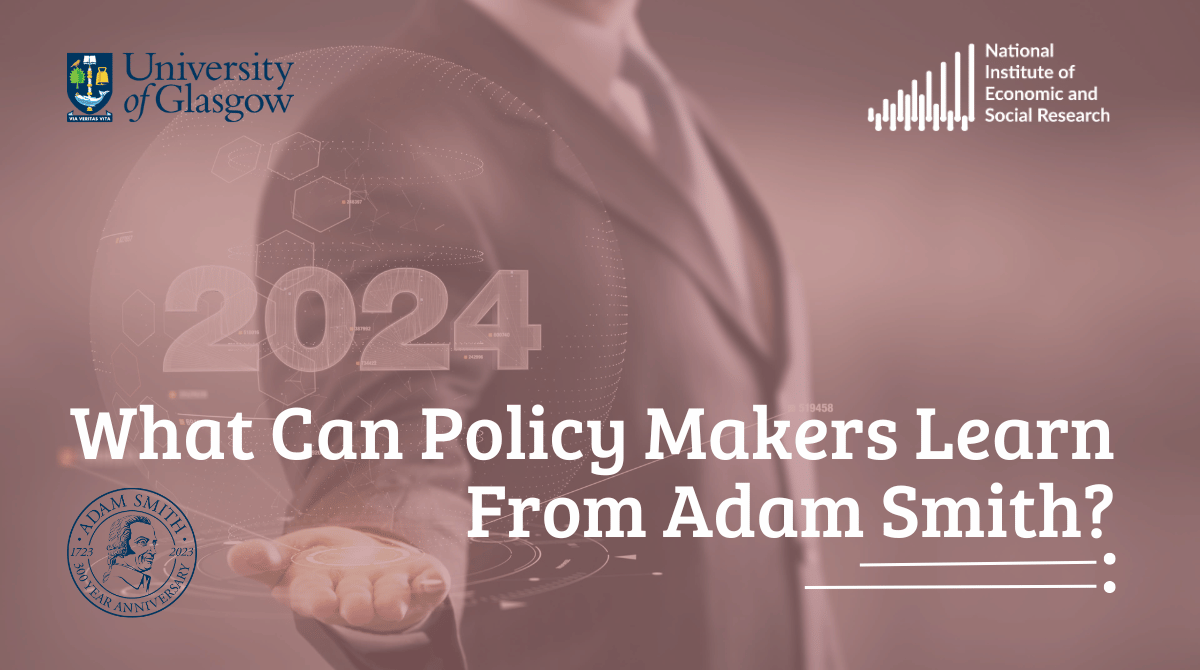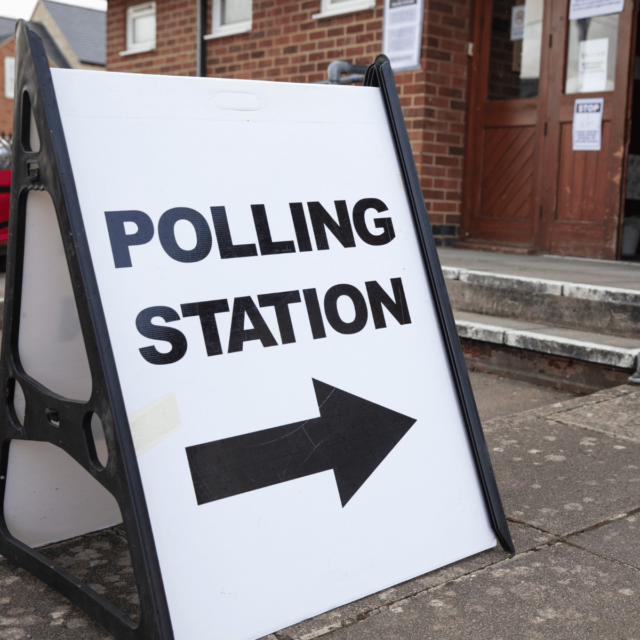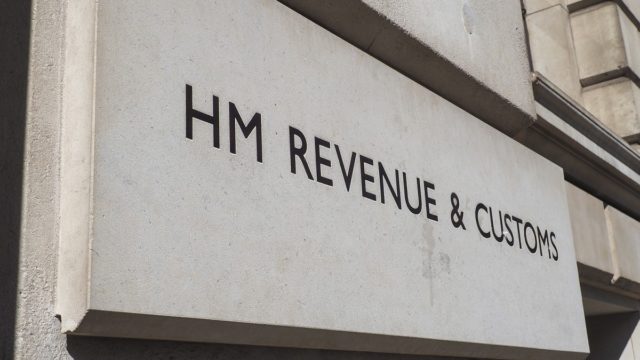
External Authors

Jones, R

Llewellyn, J
Related Themes
Political EconomyJournal
National Institute Economic Review
Publisher
Sage Publications, London
External Resources
Issue
250
A backlash against numerous inequalities – and in particular against perceived unfairness in society – is a significant driver of the UK’s current political malaise. Addressing inequalities between income groups, regions and generations will thus be key to re-establishing faith in government and avoiding further decline or even the threat of social unrest.
In income terms, the UK has become much more unequal than in the immediate post-war decades, and it should be a goal to reverse that trend – targeting the OECD average for income inequality and a halving of the number of those living below the poverty line. Measures to deal with perceived unfairnesses could include tighter scrutiny of competition in high-yielding sectors such as technology, and incentives for the appointment of worker representatives to company boards. But a government intent on tackling inequalities will inescapably need to raise public spending and direct taxation of income and capital from their current historically low levels. In particular spending on education and active labour market policies needs to increase, while gaps in the benefits system and regional imbalances are addressed.
Given the scale of technological change and the severe implications for the labour market, the risk is that policy will be insufficiently bold to deal with widespread disenchantment, which could ultimately pose a threat to democracy.
Related Blog Posts


What Can Policy Makers Learn From Adam Smith?
Sayantan Ghosal
Graeme Roy
11 Mar 2024
5 min read

Reflections on the 2024 Spring Budget: What Was and Wasn’t Addressed
Monica George Michail
Stephen Millard
11 Mar 2024
5 min read

How the Chancellor’s Budget Could Help Households and the Struggling Regions
Arnab Bhattacharjee
Robyn Smith
Adrian Pabst
04 Mar 2024
6 min read
Related Projects

Related News


Related Publications

A Macroeconomic Analysis of the Main Parties’ Spending Pledges
24 Jun 2024
General Election Briefing



Related events

Governor Talk with John Pullinger: The Electoral Commission
In this Governor Talk John Pullinger will present the work of the Electoral Commission and his role as its chair. The Electoral Commission is an independent body that oversees elections…

2024 UK General Election: Five Key Economic Priorities for the New Government

What Can Policy Makers Learn From Adam Smith?

NMITE and the Political Economy of Higher Education – Jesse Norman

Economic Effects of Russia’s Invasion and Sanctions

2022 Deane-Stone Lecture – The Uses and Abuses of Economic Statistics

The Political Economy of Devolution in, and Secession from, the UK

What Next for the Levelling-Up Agenda? Addressing New and Old Challenges in the UK Regional Inequalities Landscape






